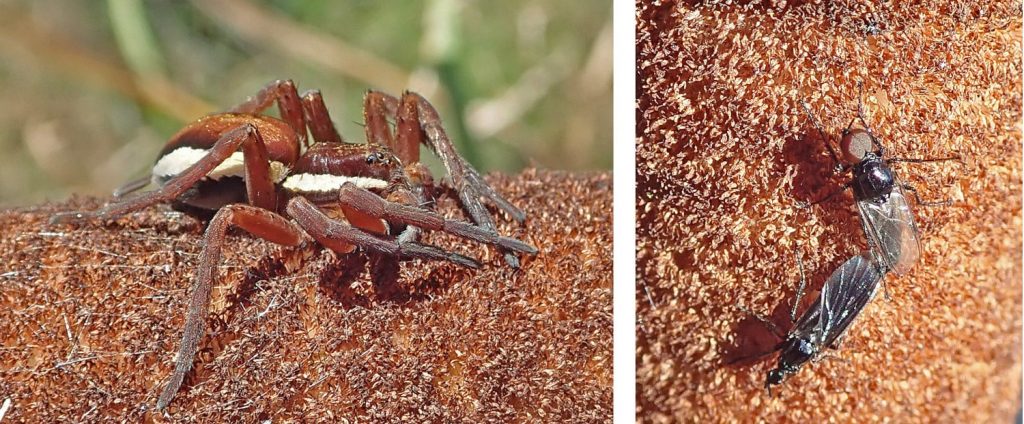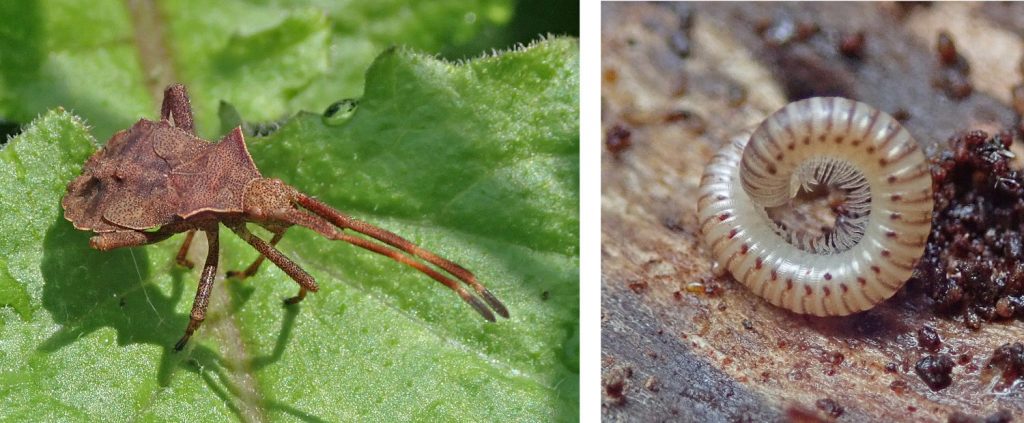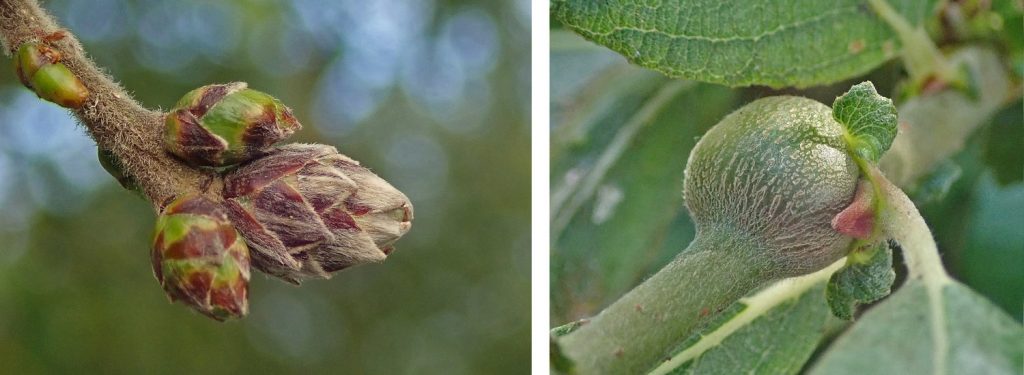General recording survey on 4th September 2025 at Unit 43, Shapwick Heath NNR.
As well as being an enjoyable road-to-discovery for members, RoAM field trips aim to gather wildlife records to support managers of nature reserves. In this case, records will go to Natural England who manage several of the sites within the Shapwick Heath NNR.
Unit 43 is particularly interesting as it has been extensively ‘improved’ using a technique called deep cell bunding. This is a soil and water conservation technique to improve water retention. It involves constructing a network of deep, closely spaced earthen bunds, which form small, enclosed “cells” that slow down surface runoff, allowing water to infiltrate the soil and reducing nutrient loss.
On our visit we saw one of the immediate benefits, as, although the summer had been very dry, there were deep pools of water with an abundance of sphagnum mosses. Invertebrate recording over many years by RoAM and others will help managers to estimate the health of the ecosystem at the site and provide indicators to the success or otherwise of the management strategy.
Wildlife recorded
Amongst the creatures spotted were Raft Spiders (Dolomedes fimbriatus) which were present in huge numbers, including lots of juvenile spiderlings.
A pair of mating Fever-flies (Dilophus febrilis), there were many swarms of these flies.

Dock Bugs (Coreus marginatus), a final instar nymph shown below. The larvae feed on Dock and other related plants.
A Snake Millipede (Proteroiulus fuscus) which is usually found under bark and only 10mm long.

Big Bud gall on Birch caused by the mite Acalitus calycophthirus. These galled buds may contain a large number of mites. And Rabdophaga salicis gall on Sallow, the galls contain several larvae or pupae in separate chambers. (Read more about galls here).

Also seen were Great Green Bush-cricket (Tettigonia viridissima), and male and female Common Darters (Sympetrum striolatum).

All photos ©Mike Ashworth